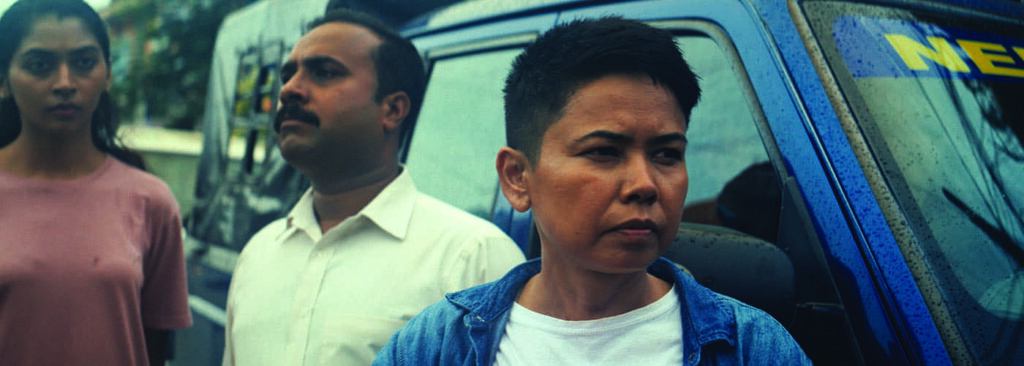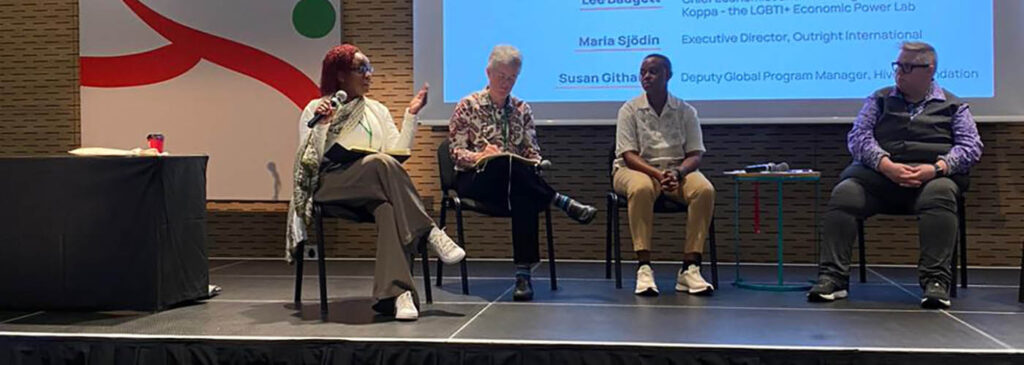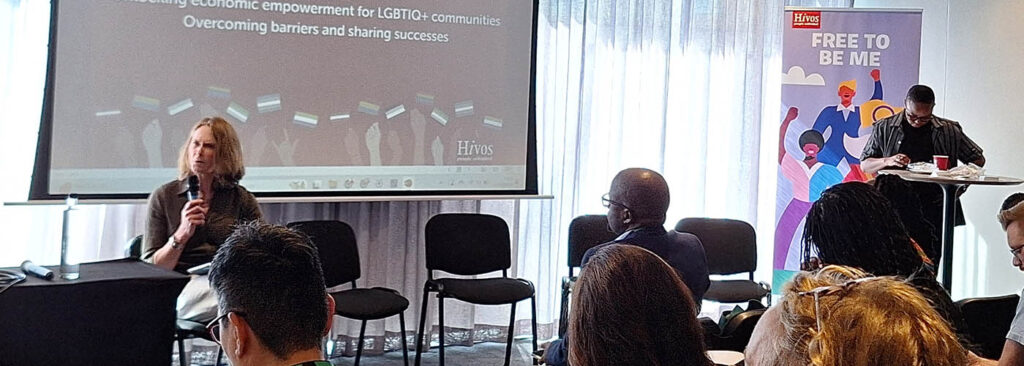In recent months, Zimbabwe has seen an alarming increase in hostility towards the LGBTIQ+ community, reflected in both government rhetoric and societal attitudes. While no new anti-LGBTIQ+ laws have been passed, the environment has become more oppressive, with state officials and media playing a significant role in fostering this negative climate.
One of the key incidents that showed some shift in the mood was in February 2024 when there was an attempt to suspend a long-time scholarship program for upper learning institution LGBTIQ+ students. The Vice President of Zimbabwe publicly denounced the program, alleging that it was allowing young people to choose homosexuality. He went on to argue that LGBTIQ+ centers and advocates were “immoral, unlawful, unchristian, anti-Zimbabwean and un-African,” and warned the youth against falling for such programs. This condemnation made matters worse as it compelled some LGBTIQ+ organizations to be cautious and on the lookout for such tendencies to ensure safety.
In the wake of the statement, GALZ, Free to be me Host Organization in Zimbabwe, had to work from home for a week, monitoring the growing hostility on social media and in the streets. Images and respective captions of homosexual couples have been published in many reputable newspapers as the outlets appear to have been taking advantage of homosexual Zimbabweans who move abroad, proving the level of stigma as intense as it has been. In order to oppose these media efforts, Free to be Me continues to support counter-narratives by highlighting the lived experiences and contributions of LGBTIQ+ Zimbabweans. This work, often done discreetly, is key to changing hearts and minds over time and challenging the perception that LGBTIQ+ identities are foreign or anti-cultural.
In addition to the media’s role in perpetuating anti-LGBTIQ+ sentiments, there have been attempts within the government to curtail support for LGBTIQ+ advocacy. A few months ago, a member of parliament introduced a motion aimed at banning foreign funding for LGBTIQ+ activities in Zimbabwe. While the motion has yet to gain significant traction, it reflects a broader effort to suppress LGBTIQ+ rights by limiting the resources available to local organizations. If passed, such a ban could also jeopardize essential funding for public health initiatives, including HIV prevention programs, which rely on international support. UN experts also urged Zimbabwe’s President to reject enacting a bill that would severely restrict civic space and the right to freedom of association in the country
Despite these challenges, there remains hope that the lack of widespread support for the motion and its poorly defined objectives will prevent it from advancing. However, the growing hostility in the public and political spheres continues to create a challenging environment for LGBTQ+ advocacy in Zimbabwe. LGBTIQ+ individuals in Zimbabwe face significant risks, not only from social stigmatization but also from a political system increasingly hostile to their rights and well-being. By shedding light on their stories, there is hope that awareness and understanding can help pave the way for a more inclusive future.




